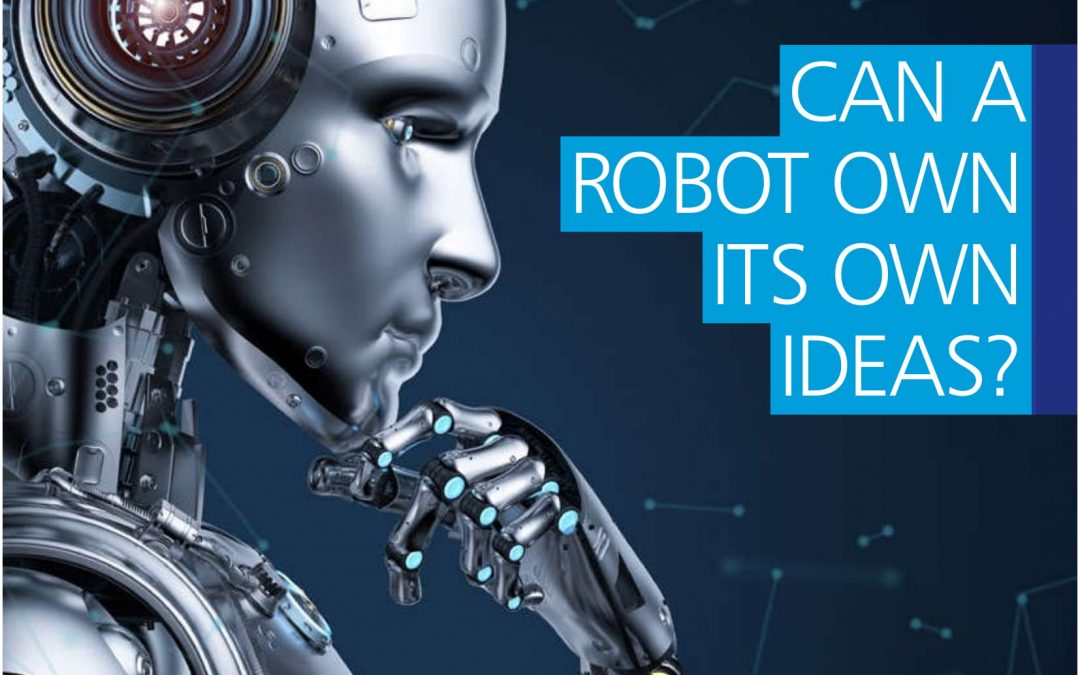One in a series of special editions on epistemic insight. Publication date – March 2020
Scientific and technological advances prompt us to ask big questions about personhood and the nature of reality and inform our thinking about how to answer. These Big Questions include, what does it mean to be a person, what does it mean to be ‘alive’? What does it mean to ‘care’? Engineering demonstrates the usefulness of scientific knowledge – by applying science to solve problems and by producing artefacts we rely on in our everyday lives. Engineering has also provided new instruments and so new ways to gather evidence to help scientists to see their ideas tested. As the opportunities and challenges taken on by engineers expand, the power and limitations of scientific and other types of knowledge become an increasingly important theme for the curriculum and classrooms to address.
1. What is EI and why?
Epistemic insight refers to ‘knowledge about knowledge’ or in other words students’ scholarly expertise, their appreciation of scholarship and their capacities to be wise about knowledge claims in the real world. The phrase epistemic insight is chosen strategically because of the importance of developing students’ understanding of how scholarship and knowledge work across disciplines/subjects as well as within them. As part of the Epistemic Insight Initiative, we would like to know what critical thinking and epistemic insight look like in the context of ‘thinking like a scientist’ and ‘thinking like an engineer’ and how these epistemic insights can become embedded in the formal curriculum. The aim is to develop a shared set of epistemic insight objectives – which can then be included in the science curriculum for secondary school students, as well as in teacher education courses. We are also interested in educational activities and lesson plans designed for secondary school students that helps them to understand the links between Big Questions, Science and/or Engineering and why engineers needs to know how knowledge is constructed across subject boundaries in the real world.
2. This edition of SSR
Any article addressing the links between Big Questions and science and/or engineering in the context of secondary education can potentially go to this special edition.
Articles suggesting conceptual frameworks for teaching epistemic insight in the context of engineering are of particular interest. We are also interested in empirical studies that show why and how epistemic insight should be embedded in teacher training engineering courses or school curriculum.
3. Audience:
The School science Review journal aims to:
- Inform readers of innovations and developments in science education
- Develop readers’ knowledge of and practice in science education
- Provide useful and innovative practical ideas for teaching science in schools
- Disseminate research and scholarship relevant to readers’ subject and pedagogic knowledge in and about science education
Therefore, the writing should be accessible and provide applicable insights, but could still be challenging.
4. Deadline and submission guidelines:
The submission deadline is 30 December 2019.
Editorial Guidelines can be found at the following link:
https://www.ase.org.uk/download/file/fid/18494
Please email queries and papers to: berry.billingsley@canterbury.ac.uk or lasar@canterbury.ac.uk.
5. Review process:
The articles will be reviewed by the guest editors (Professor Berry Billingsley and her colleagues) initially, and then by the permanent journal editor. We hope to engage authors in discussion such that the articles ‘interact’ as far as possible.

